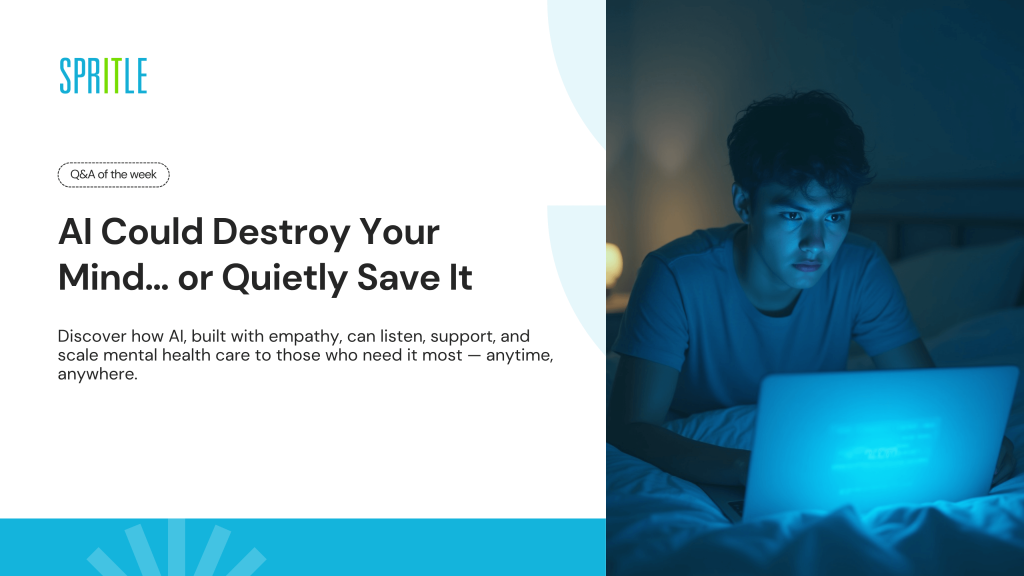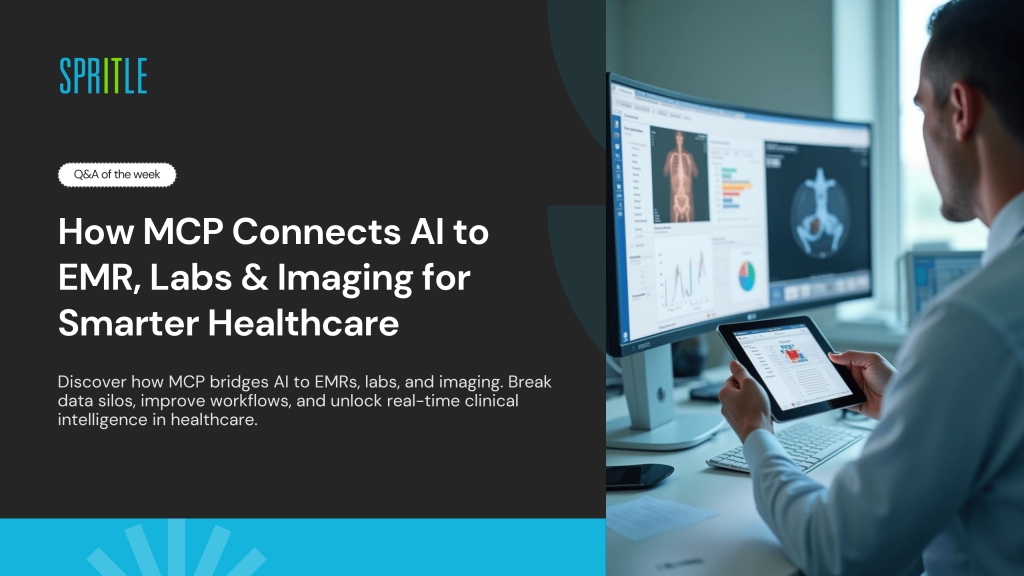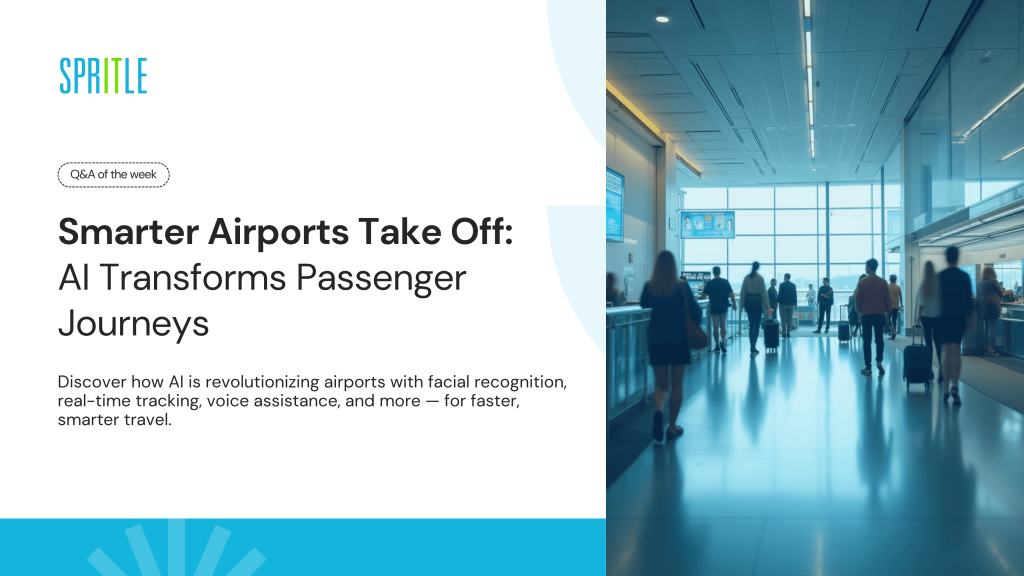🔍 Weekly AI Highlights!
Curious about AI? We’ve got cutting-edge answers! Keep up with expert analysis, evolving trends, and actionable strategies. The future of AI is here—let’s explore! 🚀
Question & Answer of the Week #023
🔍 SPOTLIGHT ON THE EVOLUTION OF AI AGENTS: Smarter, Faster, More Adaptive 🚀
AI agents are transforming industries with advanced automation and hyper-personalized experiences.
💡 What’s Next?
✅ Precision Healthcare – AI-powered diagnostics & customized treatment solutions.
✅ Next-Gen Assistants – Effortless automation for everyday efficiency.
✅ Autonomous Decision-Making – AI tackling complex problems in real time.
🎙 Expert Perspective:
“AI agents are no longer just tools—they’re continuously learning, adapting, and redefining our relationship with technology.”
From revolutionizing healthcare to streamlining daily tasks, AI is becoming more autonomous, responsive, and groundbreaking than ever! 🚀
How AI Agents Work: What They Can and Can’t Do – The Truth Unveiled – part 1
Speaker : Gowri Shankar – Software Developer Trainee
Question 1:
Can AI agents operate autonomously like human intelligence?
No, AI agents are not autonomous in the same way human intelligence is. While AI can process information, learn from data, and make decisions based on algorithms, it lacks true independence, consciousness, and intuition. AI functions within predefined parameters set by developers and does not possess general intelligence like humans.
Key Differences Between AI and Human Intelligence:
- Algorithm-Driven: AI operates based on algorithms, data models, and logic programmed by humans.
- Lack of True Autonomy: While AI can simulate decision-making, it cannot think or act beyond its designed scope.
- Adaptability with Limits: Machine learning allows AI to improve over time, but its learning is restricted to patterns and data provided.
- No Intuition or Consciousness: Unlike humans, AI does not have emotions, self-awareness, or the ability to reason independently.
In summary, AI agents are powerful tools that enhance efficiency and automation, but they do not possess human-like autonomy or intelligence.
Question 2:
Can AI agents perform complex, multi-disciplinary tasks?
AI agents are highly efficient at performing specific tasks, often categorized as narrow AI. These systems are designed to excel in areas like natural language processing, image recognition, and predictive analytics. However, their capabilities are limited when it comes to handling complex, multi-disciplinary tasks.
Here’s why AI agents struggle with such versatility:
- They are task-specific, meaning they can only perform the functions they were trained for.
- AI lacks the ability to adapt or generalize beyond its training data without human intervention.
- Unlike humans, AI cannot switch seamlessly between unrelated tasks unless explicitly programmed to do so.
In essence, while AI is powerful in specialized domains, it is not yet capable of performing broad, multi-disciplinary tasks independently.
🚀 Big updates are coming next week! Stay connected to be among the first to experience the excitement firsthand!
Live Video Out !… To watch the full video Please Visit our Social Platform to experience.






